Table of Contents
Introduction
In the hospitality industry, every detail matters, and hotel soaps are no exception. The right soap can elevate your guests’ experience, leaving a lasting impression of luxury and care. In India, where Ayurveda is deeply rooted in personal care traditions, choosing the perfect hotel soap becomes even more significant. This comprehensive guide will help you navigate the world of hotel soaps, ensuring you make the best choice for your property.
Types of Hotel Soaps
Bar Soaps
Bar soaps are the traditional choice for many hotels. They offer:
- Familiarity for guests
- Cost-effectiveness
- Ease of storage and distribution
Liquid Soaps
Liquid soaps are gaining popularity due to their:
- Perceived hygiene benefits
- Ease of use
- Potential for reduced waste
Ayurvedic Soaps
In India, Ayurvedic soaps are particularly popular. They offer:
- Natural ingredients
- Traditional wellness benefits
- Appeal to health-conscious guests
Soap Sizes in the Indian Market
| Size (grams) | Typical Use |
|---|---|
| 15g | Single-use for budget accommodations |
| 20g | Standard size for short stays |
| 25g | Common for mid-range hotels |
| 30g | Preferred for luxury properties |
| 35g | Extended stay or high-end resorts |
Categories of Hotel Soaps
- Moisturizing Soaps: Ideal for providing extra skin care, especially in dry climates.
- Glycerin Soaps: Known for their gentle cleansing properties and translucent appearance.
- Herbal/Ayurvedic Soaps: Appeal to guests seeking natural ingredients and traditional formulations.
- Handmade Soaps: Offer a unique, artisanal touch that can set your property apart.
Top Brands in the Indian Hotel Soap Market
- Kama Ayurveda: Offers luxurious Ayurvedic formulations
- Biotique: Provides natural, Ayurvedic personal care products
- Forest Essentials: Known for high-end, natural ingredients
- Inara
- Just Herbs
- Kimirca Hunter
These brands offer a range of options from luxury to eco-friendly choices, many incorporating Ayurvedic principles.
Types of Soap Packaging
The packaging of your hotel soap affects its presentation, sustainability, and guest perception. Here are the main types of packaging available:
- Pleat Wrapped Round Soaps
- Flow Wrapped in Plastic Pouches
- Paper Wrapped
- Paper Pouches
- Paper Box
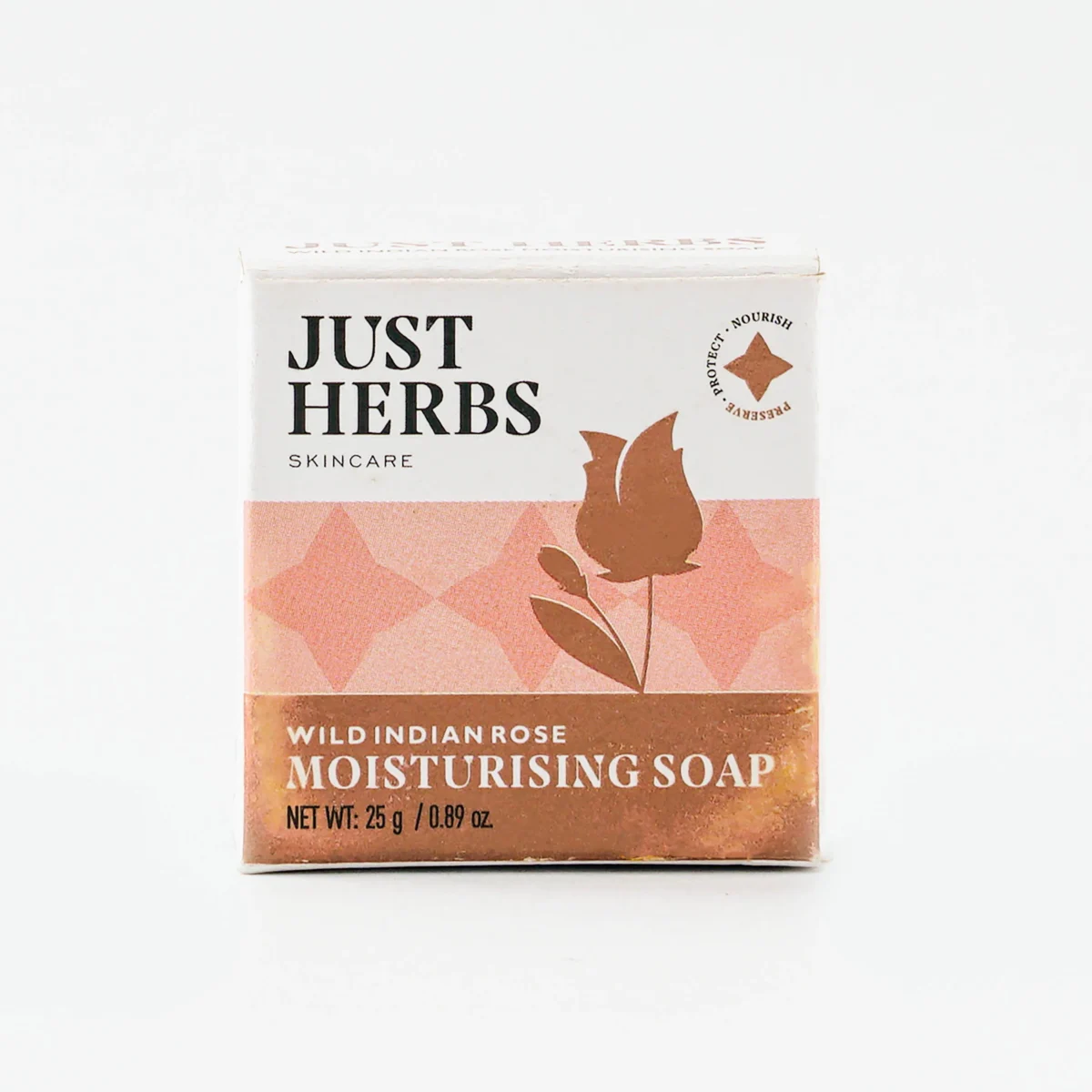
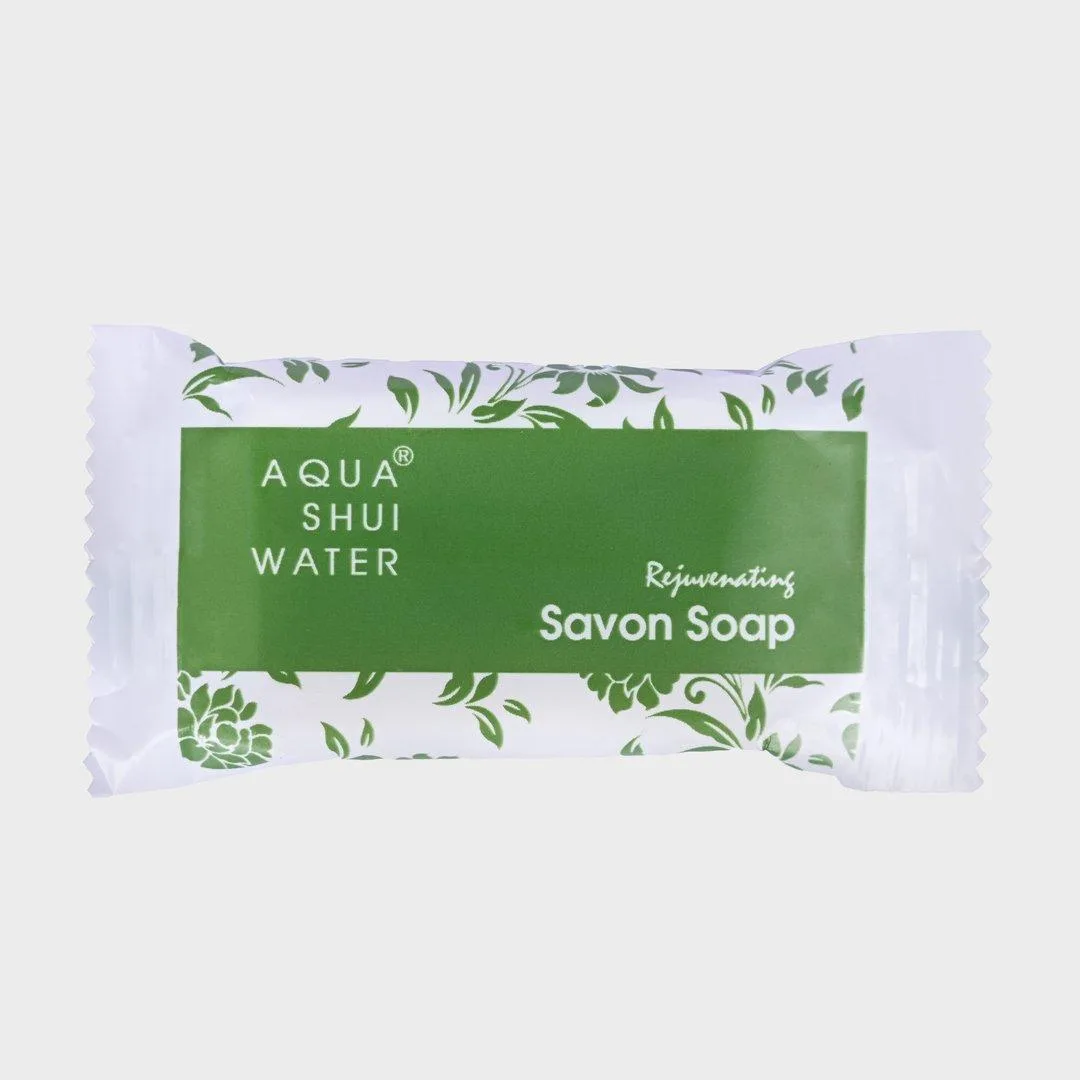
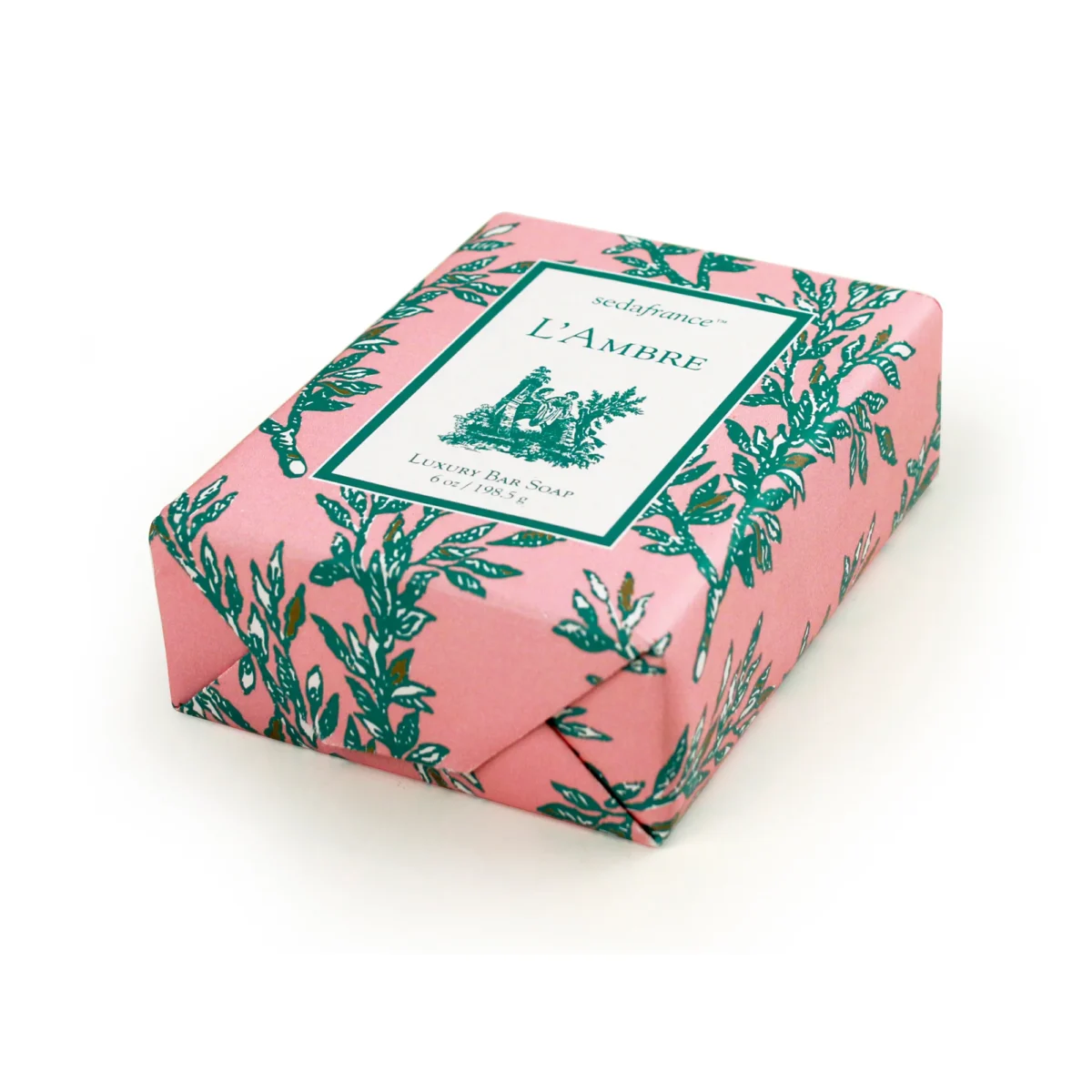
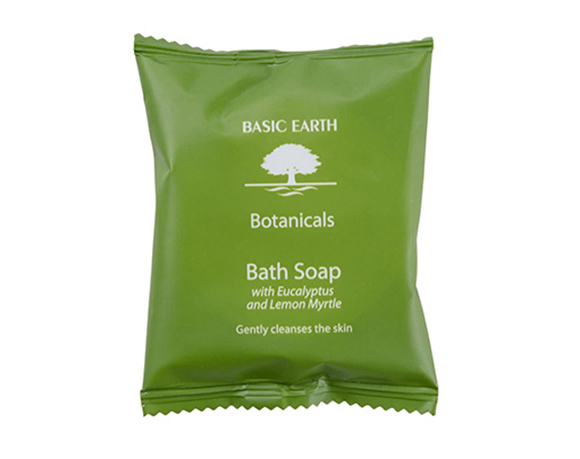
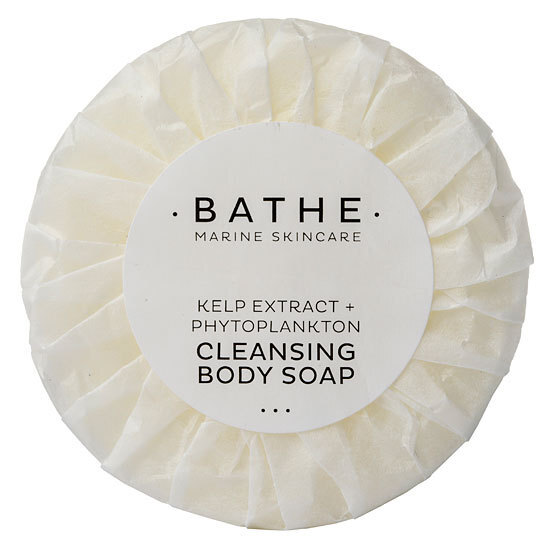
Factors to Consider When Choosing Hotel Soaps
Guest Preferences
- Consider your target audience’s expectations
- Take into account cultural preferences for Ayurvedic and natural products
Budget
- Balance quality with cost-effectiveness
- Consider bulk purchasing options
Sustainability
- Look for eco-friendly packaging options
- Consider biodegradable formulations
Branding and Packaging
- Choose packaging that aligns with your property’s brand image
- Opt for standard packaging options from reputable suppliers
- Focus on quality and consistency rather than customization
Understanding Soap Quality: TFM and Other Metrics
When selecting soaps for your hotel, it’s important to understand key quality indicators. One crucial metric is TFM, or Total Fatty Matter.
What is TFM (Total Fatty Matter)?
TFM, or Total Fatty Matter, is a measure of the total amount of fatty acids in a soap, expressed as a percentage. It’s a key indicator of soap quality and effectiveness.
- Higher TFM = Higher quality soap
- Lower TFM = Lower quality soap
Why TFM Matters:
- Cleansing Power: Higher TFM soaps generally have better cleansing abilities.
- Moisturizing Effect: Soaps with higher TFM tend to be more moisturizing and less drying to the skin.
- Lather: Higher TFM usually results in a richer, creamier lather.
- Longevity: Soaps with higher TFM typically last longer.
TFM Ranges:
- Economy soaps: 70-75% TFM
- Mid-range soaps: 76-78% TFM
- Premium soaps: 78% TFM and above
Other Soap Quality Indicators:
- pH Level: Ideally, soaps should have a pH close to that of human skin (around 5.5-6.5).
- Ingredient Quality: Look for natural, high-quality ingredients.
- Fragrance: Consider the strength and quality of the fragrance.
- Hardness: Harder soaps generally last longer.
Choosing the Right TFM for Your Hotel:
- Budget Properties: May opt for soaps with 70-75% TFM
- Mid-Range Hotels: Should consider soaps with 76-78% TFM
- Luxury Properties: May want to invest in soaps with 78%+ TFM
Remember, while higher TFM generally indicates better quality, it also usually means a higher cost. Balance your quality requirements with your budget constraints.
Glycerine Soaps: A Different Category
Glycerine soaps are fundamentally different from traditional soaps and are not typically evaluated using TFM.
Key points about glycerine soaps:
- Composition: Glycerine soaps are made from plant oils (like coconut, palm, or vegetable oils) that have been treated with an alkali solution.
- Glycerine Content: Unlike traditional soaps where glycerine is often removed, in glycerine soaps it’s retained or added back in high quantities.
- TFM Not Applicable: Because of their unique composition, TFM is not typically used to measure the quality of glycerine soaps.
- Quality Indicators for Glycerine Soaps:
- Glycerine percentage (usually 15-20%)
- Clarity and transparency
- Moisturizing properties
- Lather quality
- pH level (should be close to skin pH)
- Benefits of Glycerine Soaps:
- Highly moisturizing
- Less likely to irritate sensitive skin
- Often more transparent, giving a luxurious appearance
- Good for dry climates or seasons
Packaging: Why Standard Packaging is Preferred
While customized packaging with your hotel brand might seem appealing, it’s generally not recommended for most properties. Here’s why:
- Cost-Effectiveness: Standard packaging options are typically more affordable due to economies of scale.
- Minimum Order Quantity: In order to customize your packaging, manufacturers demand an MOQ ranging from 5000 to 10000 depending on your packaging. Stocking these many soaps may not be viable for all the properties.
- Quality Assurance: Established soap manufacturers have optimized their packaging for protection and presentation.
- Consistency: Standard packaging ensures a consistent look and feel across your property and over time.
- Guest Expectations: Most guests expect and prefer familiar, professional packaging from recognized brands.
- Sustainability: Standard options often have more eco-friendly alternatives readily available.
- Simplicity: Choosing standard packaging simplifies your procurement process and inventory management.
- Focus on Core Services: By opting for standard packaging, you can focus your resources and efforts on other aspects of guest experience.
The Soap vs. Dispenser Debate
While some properties are transitioning to soap dispensers, individual bar soaps remain popular in India due to cultural familiarity and perceived luxury.
Common Mistakes to Avoid
- Choosing low-quality soaps to cut costs
- Ignoring guest preferences for natural and Ayurvedic products
- Overlooking the importance of appropriate packaging
- Failing to consider sustainability in soap selection
- Opting for custom packaging without considering long-term implications
Calculating Monthly Soap Requirements
An essential part of managing hotel soaps is knowing how much to order each month. Here’s a simple guide to help you calculate your monthly soap needs, adaptable for hotels providing one or more soaps per stay:
Quick Formula
Monthly Soap Need = (Rooms × Days × Occupancy Rate × Soaps per Stay) + 15% extra
Step-by-Step Calculation
- Count your total number of rooms
- Multiply by the number of days in the month
- Multiply by your average occupancy rate (as a decimal)
- Multiply by the number of soaps provided per stay (often 1 or 2)
- Add 15% for safety stock
Example Calculations
For hotels providing 1 soap per stay:
- 100 rooms
- 30 days in the month
- 70% average occupancy
- 1 soap used per stay
Calculation:
- 100 rooms × 30 days = 3000
- 3000 × 0.70 (70% occupancy) = 2100
- 2100 × 1 soap = 2100
- 2100 + 15% (315) = 2415
Result: Order approximately 2415 soaps for the month.
Conclusion
Choosing the right hotel soap in India involves careful consideration of soap type, size, brand, and packaging. While it might be tempting to customize packaging, standard options from reputable suppliers often provide the best balance of quality, cost-effectiveness, and guest satisfaction.
Remember, the perfect hotel soap isn’t about unique branding – it’s about providing a reliable, high-quality product that contributes to a memorable stay and keeps your guests coming back. By focusing on quality Ayurvedic soaps in professional, standard packaging, you can enhance the guest experience while managing costs and maintaining consistency across your property.
For more insights on guest amenities and how to enhance your guests’ experience, explore our collection of articles on guest amenities at https://blog.zarnik.com/tag/guest-amenities/.
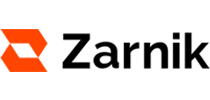
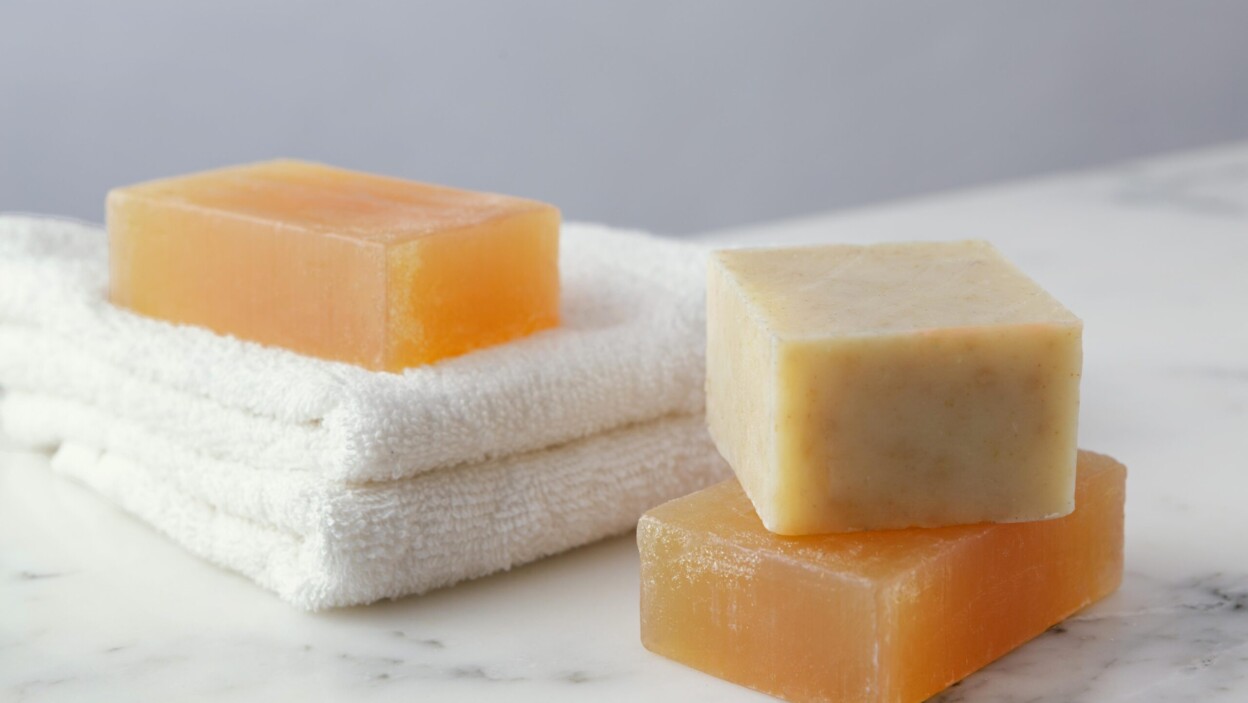


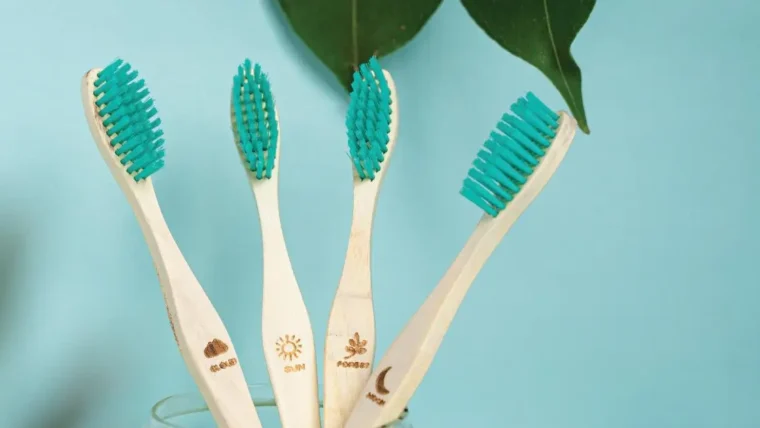
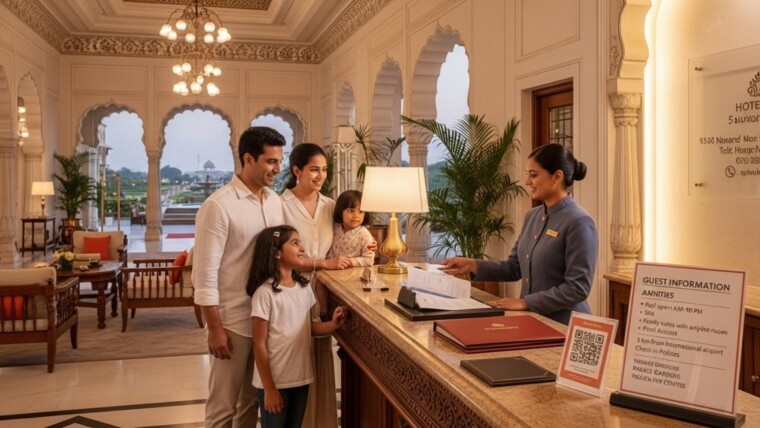


Essential Diversey Chemicals: A Guide for R1 to R9 TASKI Series
How to Respond to Guest Reviews with 10 Samples
Top OTAs in India: Complete 2024 Guide for Hoteliers
Different Types of Paper Napkins for Restaurants
Guest Reviews: The Hidden Force Behind Bookings